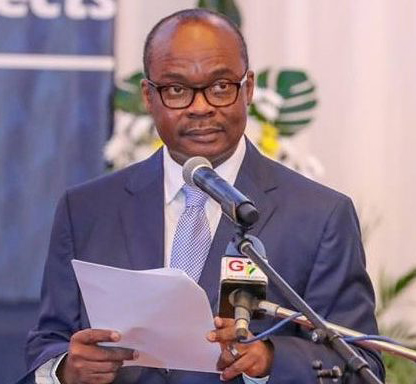The Bank of Ghana’s (BoG) monetary policy goal is to bring inflation back to the 6-10% target by the end of the International Monetary Fund (IMF) programme in 2026.
According to the IMF, the Bank of Ghana is committed to continuing increasing its policy rate and maintaining the tight monetary policy stance until inflation is on a firmly declining path.
“It will also undertake liquidity management operations consistent with the inflation objective, while taking into consideration financial stability risks”, it said in its country report of Ghana.
It explained that a monetary policy consultation clause will help monitor the BoG’s performance in meeting the inflation objectives, adding, the BoG will continue enhancing its inflation targeting framework through enriched macroeconomic data including inflation expectations survey and projection model.
It further said the programme will also support BoG’s aim to rebuild international reserve buffers.
With gross reserves falling rapidly, the BoG has started limiting foreign exchange (FX) interventions since mid-2022.
Therefore, the Fund, expects more efforts to rebuild foreign exchange buffers, describing it as critical to achieve the programmes medium-term objective of an international reserve coverage ratio of at least 3 months of imports.
Accordingly, it stressed that the performance will be monitored through a net international reserve (NIR) target (performance criterion).
It concluded that achieving these goals will be underpinned by efforts to ensure a unified and flexible exchange rate and to create the conditions for FX market deepening.
Ghana’s inflation shot up significantly to over 50% in 2022, following the Russian invasion of Ukraine. It has since retreated to 41%.
Also, the international reserves have declined sharply to less than three weeks of import cover.







